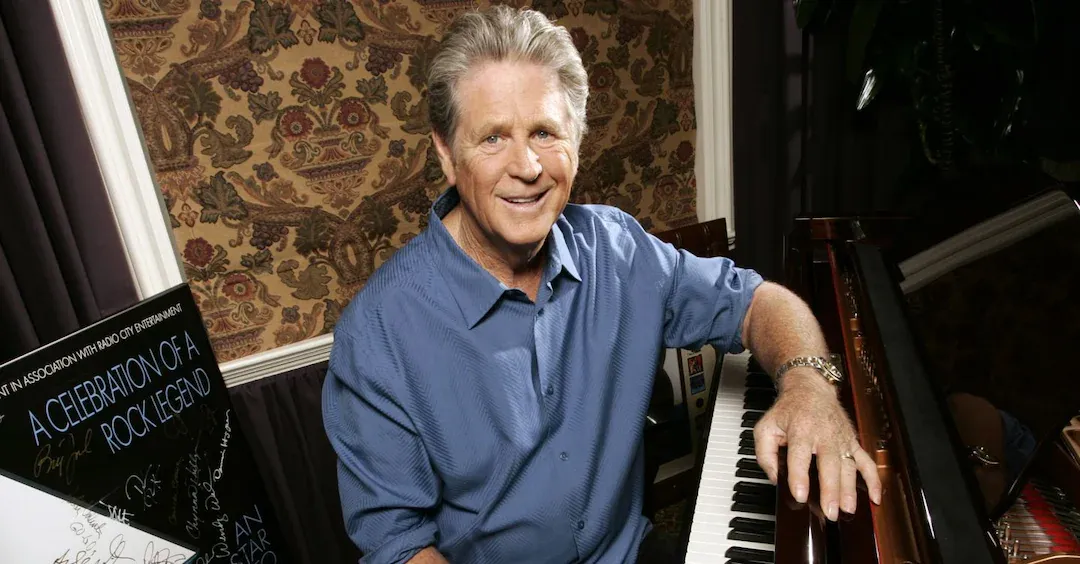Brian Wilson didn’t just write surf anthems — he rewrote the language of American pop music from the inside out. Best known as the creative force behind The Beach Boys, Wilson’s sonic experiments and haunting lyricism turned sun-kissed harmonies into a mirror reflecting both youthful exuberance and inner turmoil. He is both the architect of California dreams and the chronicler of personal disintegration.
Born in Hawthorne, California, Wilson displayed perfect pitch and a rare gift for harmony early on. By his early twenties, he had written and produced a string of hits — Surfin’ USA, California Girls, I Get Around — that captured an idyllic image of coastal freedom. But while listeners heard joy, Wilson was already unraveling under the weight of familial pressure, fame, and a growing disconnect between his inner life and the image the world projected onto him.
With Pet Sounds (1966), Wilson created what Paul McCartney would later call his favorite album of all time. That record fused orchestral arrangements, unorthodox studio techniques, and deeply introspective lyrics. Songs like God Only Knows and Caroline, No weren’t just ballads — they were emotional X-rays of a young man losing faith in everything except music. It was revolutionary in form and heartbreaking in substance.
But Pet Sounds was just the beginning. Wilson’s next vision, Smile, was a psychedelic collage of Americana, spirituality, and existential longing. The project famously fell apart under pressure — both external and internal. Wilson’s mental health deteriorated rapidly during these years. He withdrew from public life, spent months in bed, and battled auditory hallucinations and depression. For decades, he was seen as a genius broken by the very industry he helped elevate.
And yet, Wilson returned. Through therapy, support from collaborators, and his own resilience, he eventually completed Smile in 2004 — nearly four decades after its inception. The finished album was not just a lost masterpiece recovered; it was a testimony to survival, forgiveness, and the enduring power of vision.
Today, Brian Wilson stands as a symbol of emotional honesty in music. His work resonates far beyond nostalgia, echoing in modern artists who seek to blend innovation with vulnerability. For Le Bib, Wilson’s journey — from the euphoric highs of pop stardom to the isolating depths of mental illness, and finally toward a hard-won peace — embodies the healing force of music. His legacy reminds us that the most beautiful harmonies can emerge from lives marked by chaos.

